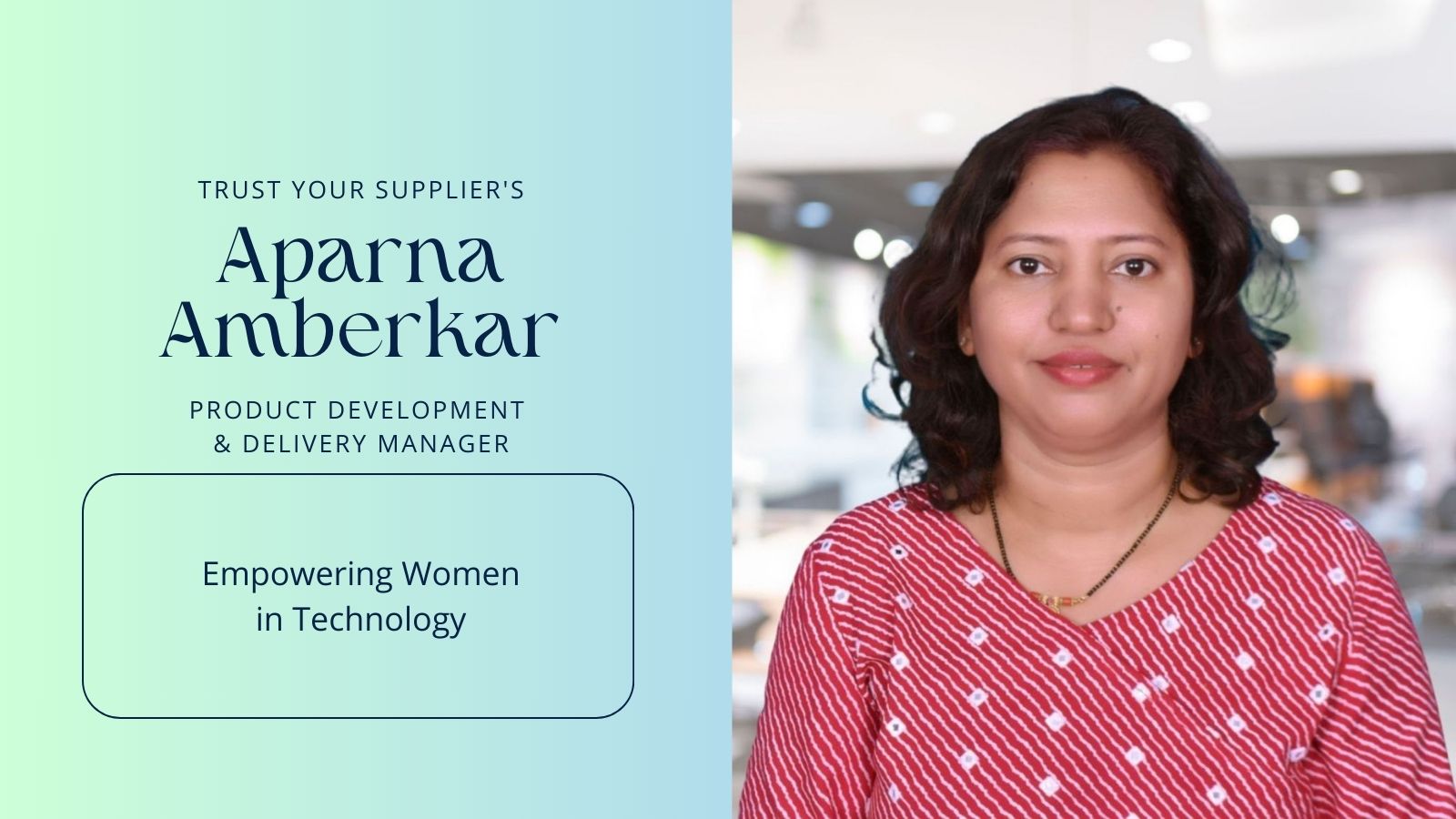In our TYS Podcast episode, Sustainability Strategies to Empower Teams & Suppliers, we spoke with industry leaders from global organizations, delving into the intersection of sustainability, supply chain management, and the global economy.
TYS’s Michelle Armstrong sat down with Lazar Armianov from EcoVadis, Melissa Reddy from BT Sourced, and Alyssa Caddle from Thermo Fisher Scientific, and at the heart of our discussion was the concept of sustainability and its significance in today’s business landscape. From education and compliance to technology and geopolitical challenges, our guests shared valuable insights into the multifaceted nature of sustainability within supply chains.
One key takeaway was the importance of education and awareness, not only within our organizations but also among our suppliers. By ensuring that all stakeholders understand the importance of Environmental, Social, and Governance (ESG) criteria, we can foster a culture of sustainability that extends beyond borders and generations.
Another focal point of the conversation was the need for collaboration and transparency throughout the supply chain. As companies navigate new global regulations and geopolitical shifts, it’s essential to prioritize ethical sourcing and supply chain integrity.
Technology also emerged as a powerful tool in driving sustainability efforts. From AI to cybersecurity, our guests highlighted the role of innovation in creating more efficient and environmentally friendly supply chains.
Based on the rich discussion, here are actionable insights for listeners:
- Prioritize education and sustainability initiatives within your organization
- Proactively address climate change and compliance challenges
- Embrace AI and digital technologies for risk management and supplier experience enhancement
- Foster supplier diversity and engagement for long-term sustainability
- Strike a balance between compliance and sustainability goals for impactful supply chain management
As we look ahead, the path to sustainability will require ongoing collaboration, innovation, and a shared commitment to responsible business practices. By leveraging the insights shared in this episode, we can pave the way for a more sustainable future for generations to come.

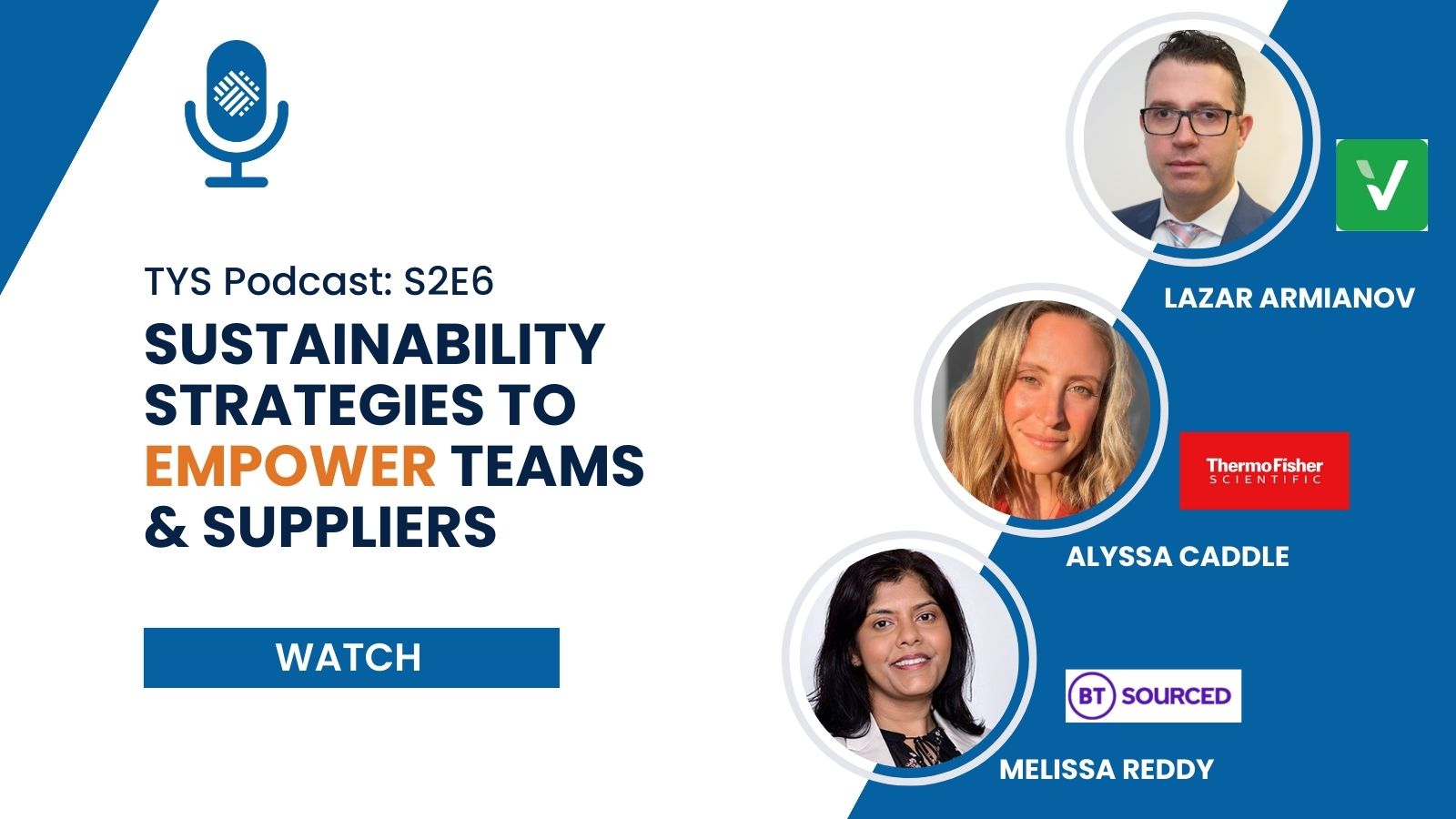

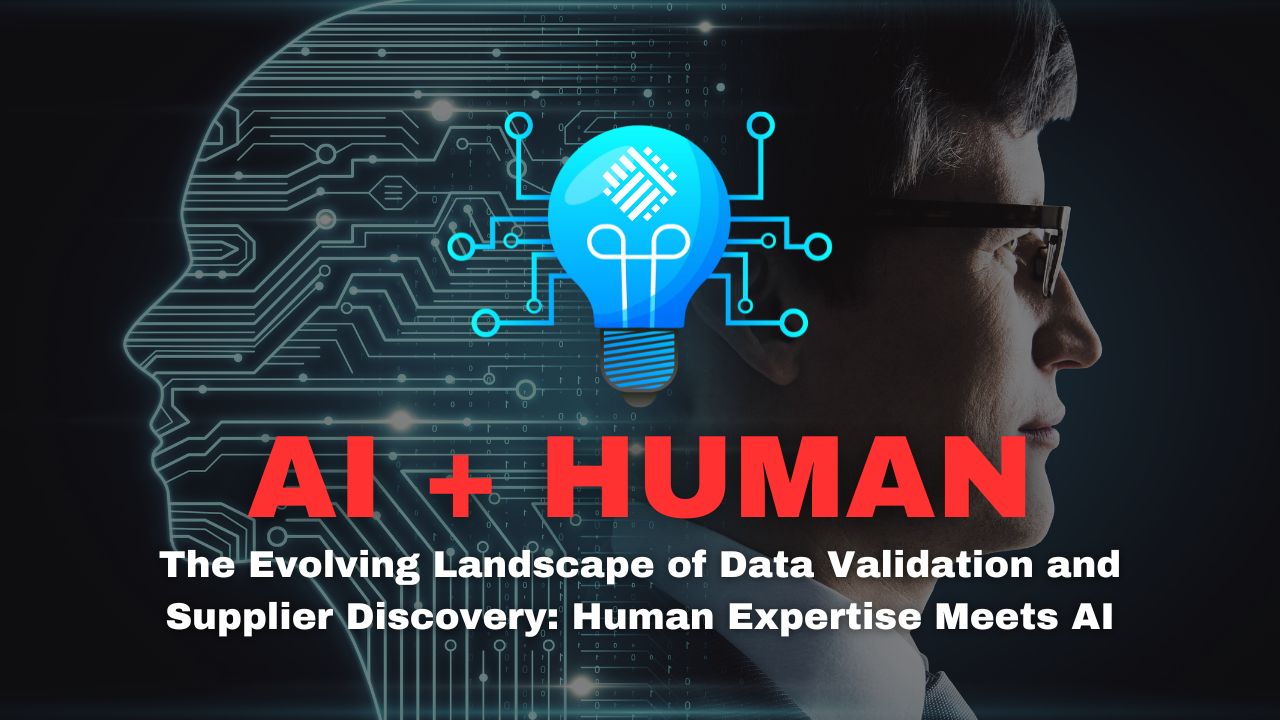

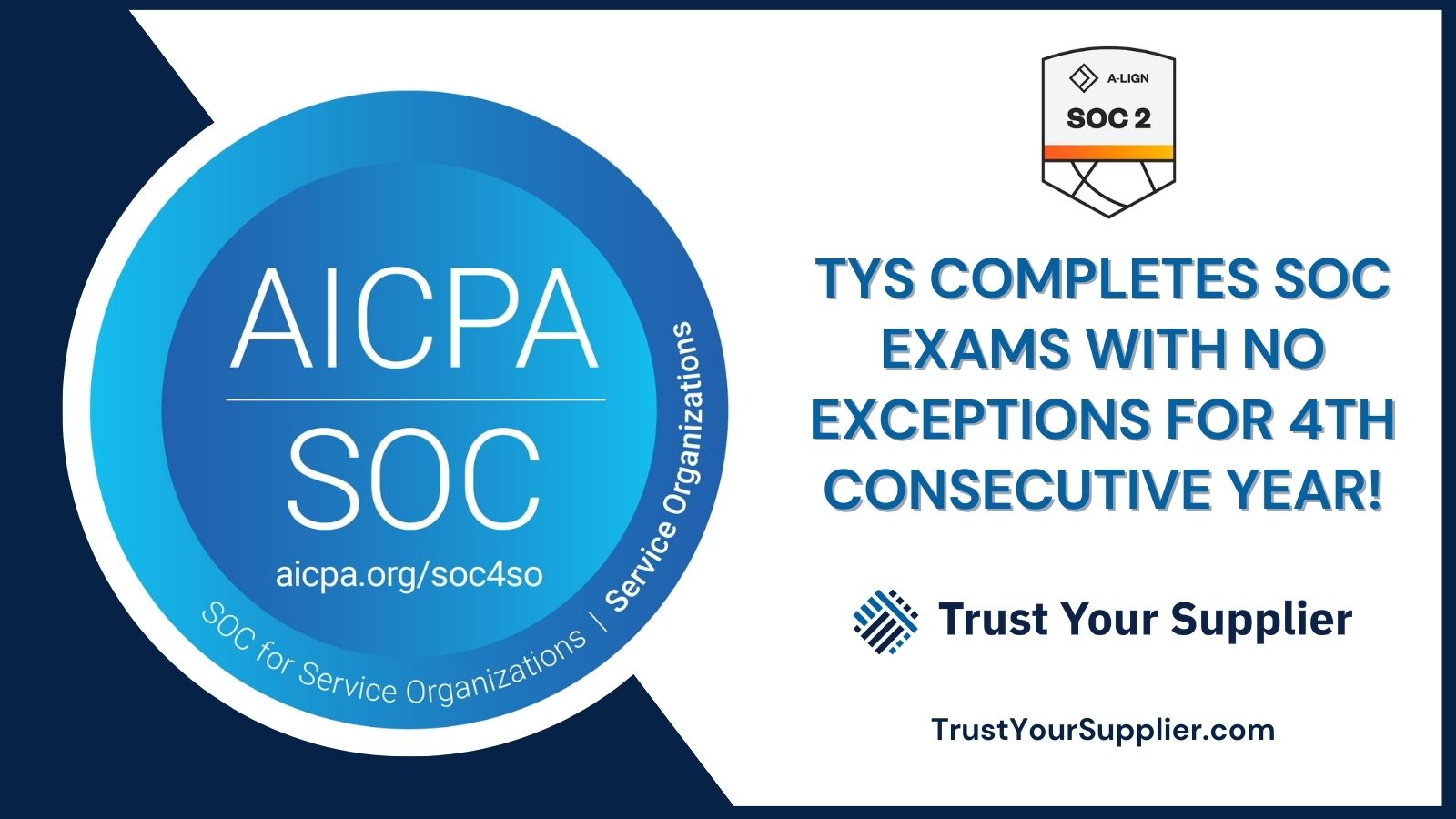
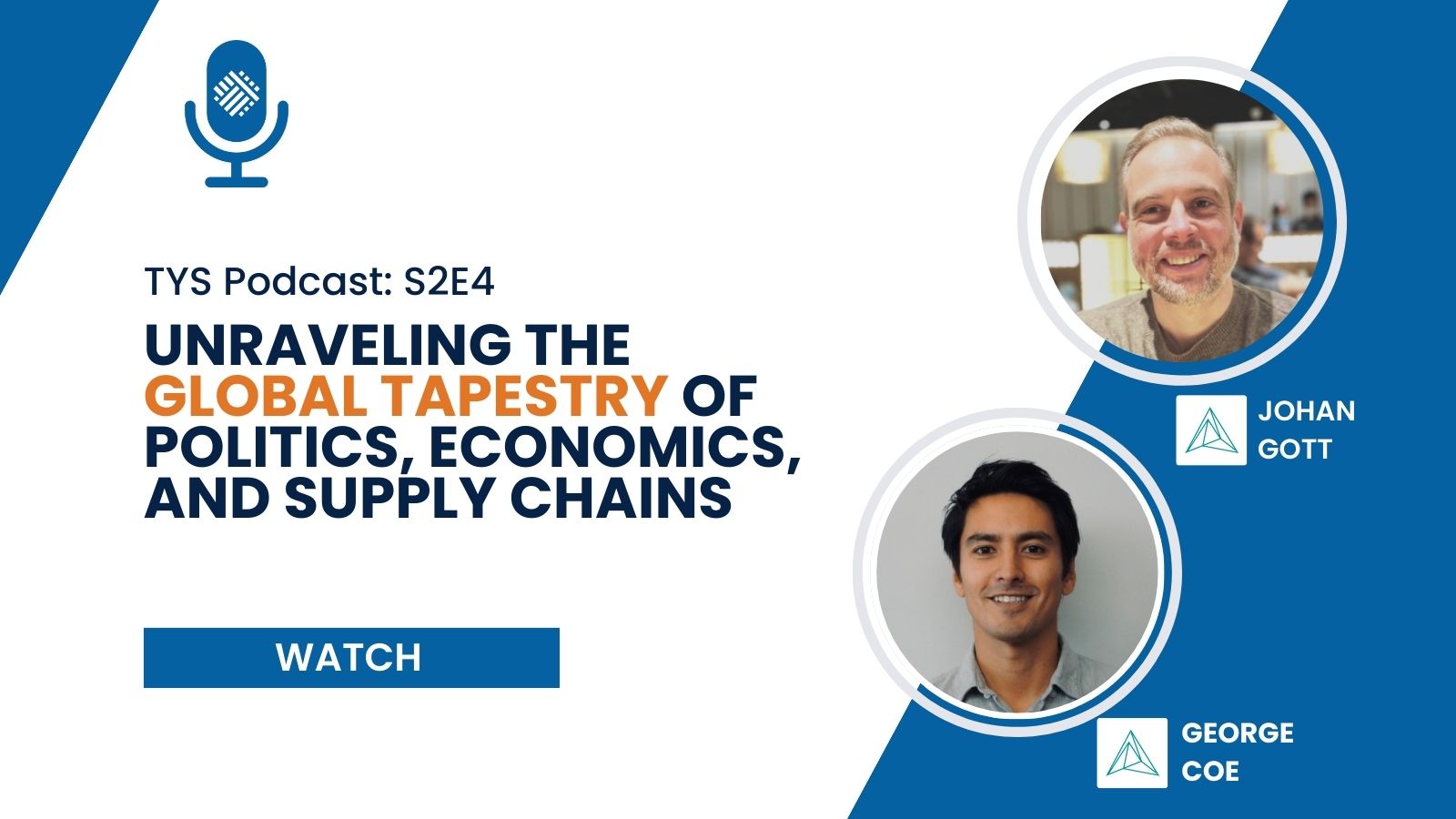
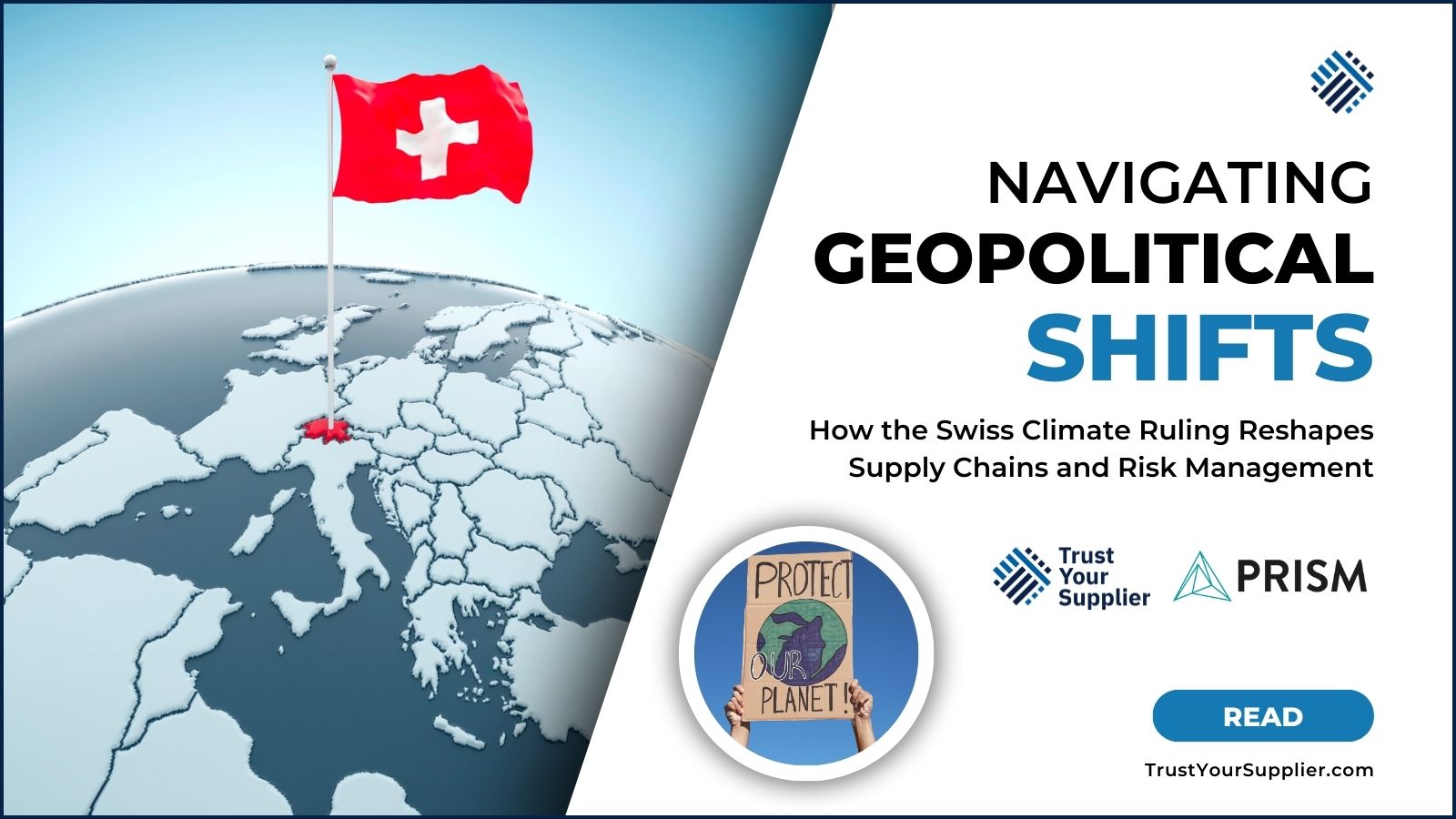
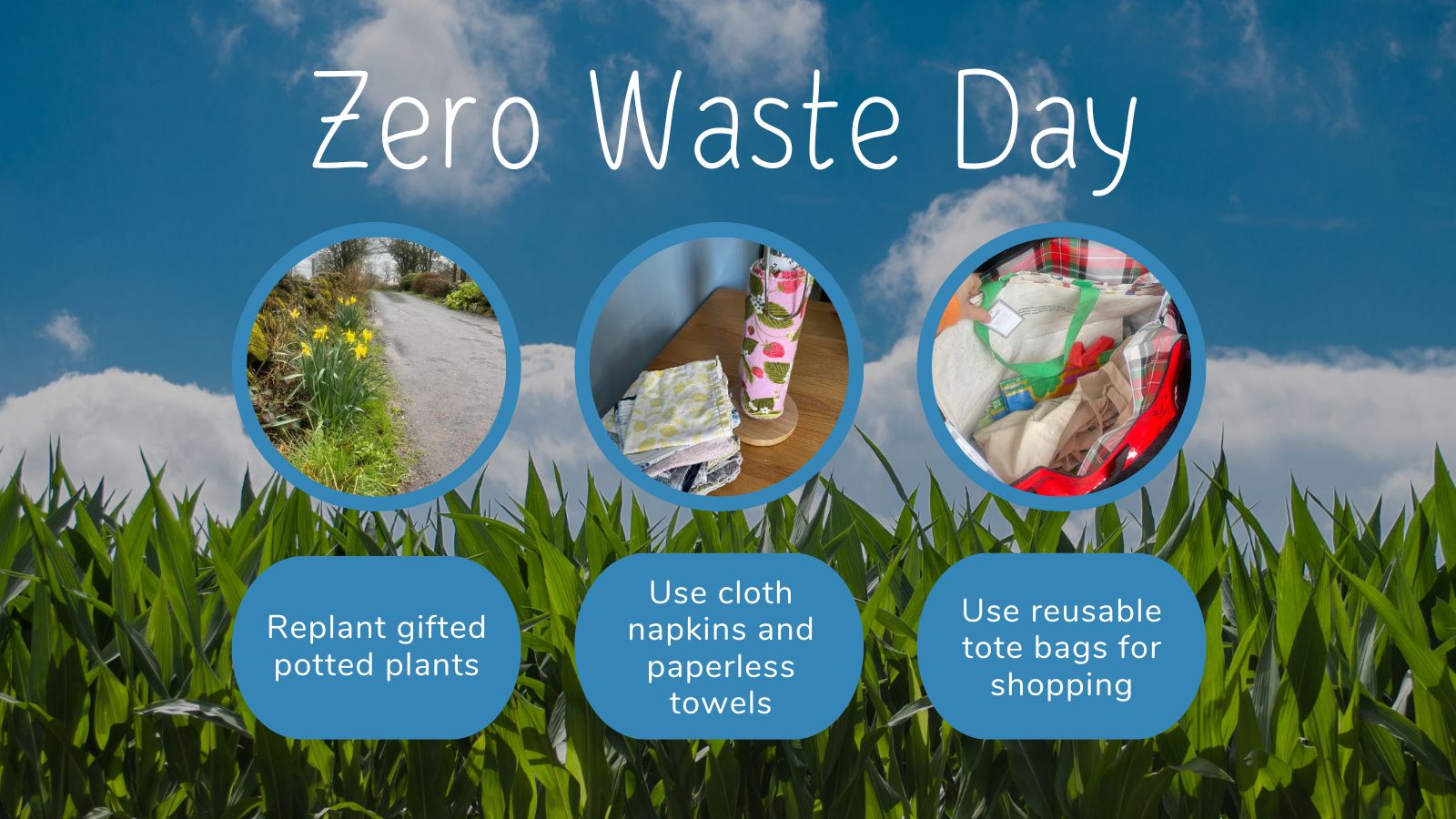

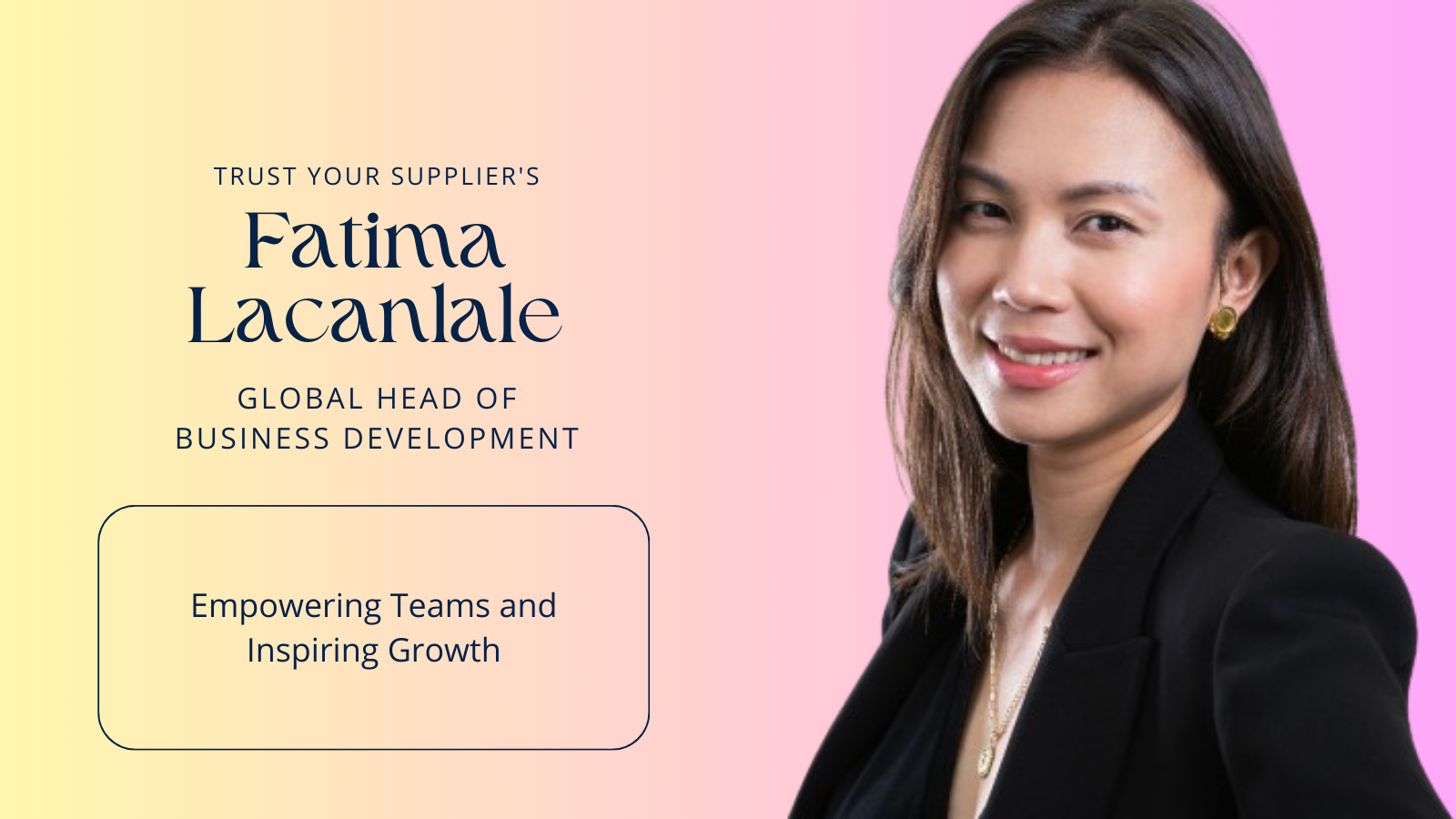

 Her passion for painting, cultivated since childhood, not only provides solace but also serves as a reminder of the importance of pursuing passions outside of work.
Her passion for painting, cultivated since childhood, not only provides solace but also serves as a reminder of the importance of pursuing passions outside of work.